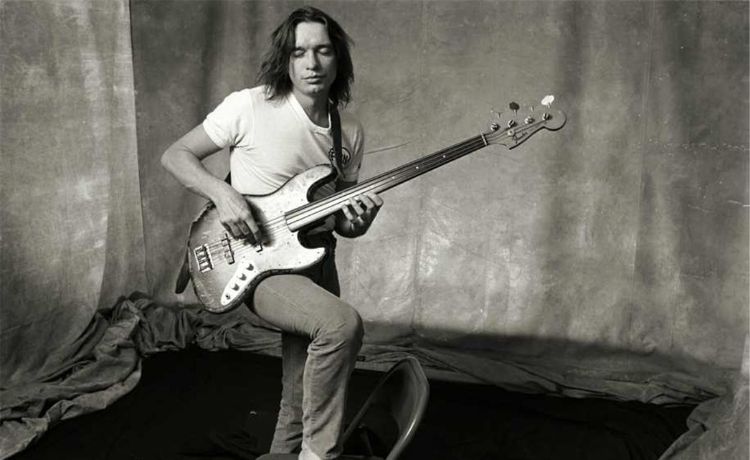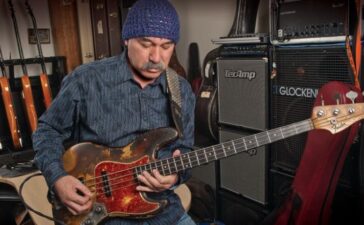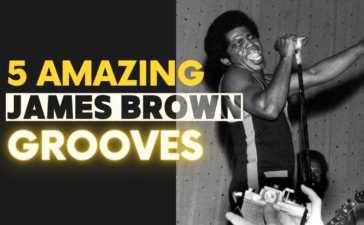Jaco Pastorius, born John Francis Pastorius III on December 1, 1951, in Norristown, Pennsylvania, is widely regarded as one of the most innovative and influential bassists in music history. His work revolutionized the role of the electric bass, establishing him as a jazz and fusion icon during his short but impactful career.
Early Life and Musical Beginnings
Raised in Fort Lauderdale, Florida, Jaco initially started as a drummer. However, after suffering a wrist injury playing football, he switched to bass, a decision that would change his life. He quickly developed a distinctive style, characterized by his use of a fretless electric bass, which gave his playing a fluid, expressive quality akin to a human voice. This technique, coupled with his virtuosic use of harmonics and innovative approach to rhythm and melody, set him apart from other bass players.
Breakthrough and Career with Weather Report
Jaco’s rise to fame came in the mid-1970s when he began playing with jazz legends and recording his self-titled debut album in 1976, featuring compositions like “Continuum” and “Portrait of Tracy.” The album showcased his technical brilliance and marked him as a force in the jazz world. His breakthrough came when he joined the jazz fusion band Weather Report in 1976. Jaco’s bass playing was prominently featured on Heavy Weather (1977), an album that included the hit track “Birdland.” His innovative approach redefined the role of the bass guitar, treating it not merely as a supporting instrument but as a lead voice within the ensemble.
Solo Career and Collaborations
Beyond Weather Report, Jaco enjoyed a prolific solo career and collaborated with many other musical luminaries. His work with Joni Mitchell on albums like Hejira (1976) and Mingus (1979) remains a testament to his versatility. He seamlessly blended jazz, funk, and world music elements, creating a distinct sound that inspired musicians across genres.
Personal Struggles and Tragic Decline
Despite his professional success, Jaco’s personal life was marred by struggles. By the early 1980s, he began battling mental health issues and substance abuse. Diagnosed with bipolar disorder in 1982, his behavior became increasingly erratic, leading to strained relationships within the music industry. As his mental health deteriorated, so did his career, and by the mid-1980s, he was living on the streets, battling homelessness and addiction.
Tragic End
In 1987, Jaco’s life came to a tragic end following a violent altercation outside a nightclub in Fort Lauderdale. After being denied entry to the club, he was severely beaten by the club’s manager, which led to Jaco falling into a coma. He died nine days later on September 21, 1987, at the age of 35.
Legacy
Despite his untimely death, Jaco’s influence on music remains profound. His technical innovations, including his pioneering use of harmonics, advanced phrasing, and his expressive playing on the fretless bass, have influenced generations of bassists. Jaco Pastorius remains a touchstone in the world of jazz and fusion, with countless artists citing him as an inspiration. His musical legacy lives on through his recordings, and his impact on the electric bass is still felt today.
Jaco Pastorius was a genius whose life was cut short by personal demons, but his contributions to music are timeless.









